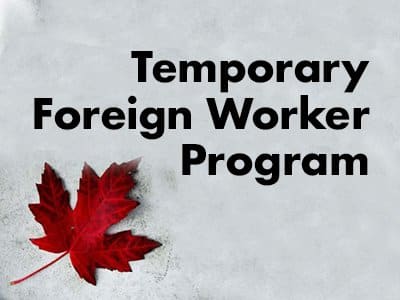A temporary foreign worker helps Canadian employers in filling up the labour shortages. With their rich talent, they aid Canadian employers in running out their businesses smoothly when there are no Canadian Citizens and Permanent Residents available to perform the work. In February 2022, Canada added 337,000 jobs, bringing our unemployment rate to 5.5% – the lowest since the start of the pandemic. Canada’s economic recovery is outpacing the ability of many employers to find workers.
CHANGES STARTING WITH AN IMMEDIATE EFFECT:
- From today, the LMIAs validity period will be 18 months. Earlier it was increased to nine months during the pandemic. Before the pandemic, it used to be six months only. This means that an employer and TFW will now have 18 months to apply for the work permit.
- Increase in the duration of employment in High wage and Global Talent Stream workers from two years to three years. This change will help the TFW to earn more Canadian experience and become eligible for various PR streams such as CEC and PNPs.
- Seasonal cap Exemption will become permanent. Now, Canadian employers can hire as many employees as possible through TFWP in low-wage positions. In addition to it, the maximum duration of employment in these positions has also been increased to 270 days per year.
CHANGES EFFECTIVE APRIL 30:
- Employers from 7 eligible sectors with exhibited labour shortages will be authorized to hire up to 30% of their workforce through the TFWP for low-wage positions for one year. The seven eligible sectors are food manufacturing, wood product manufacturing, furniture and related product manufacturing, accommodation and food services, construction, hospitals, and nursing and residential care facilities. Employers from other sectors will be permitted to hire up to 20% (which was 10% earlier) of their workforce for low-wage positions until further notice.
- Lastly, Canada will remove the policy which is currently in force that refuses the LMIA applications for low-wage positions offered in the accommodation and food services and retail trade sectors in regions where the unemployment rate is 6% or higher.
Unfortunately, there is still a Refusal to Process List in Alberta and there are many occupations still impacted. Unless they are skilled occupations and eligible for PR processing, occupations on this list are not eligible for processing:
If you are an employer who is looking for foreign talent and if you are a foreign national who wants to come to Canada to work, please email us at info@premierimmigration.ca


